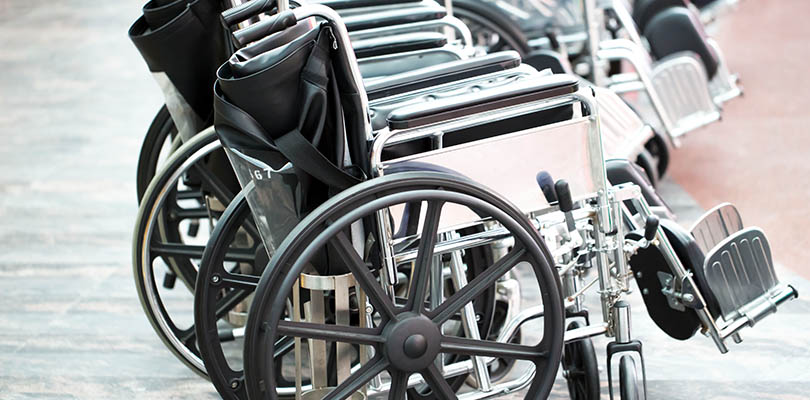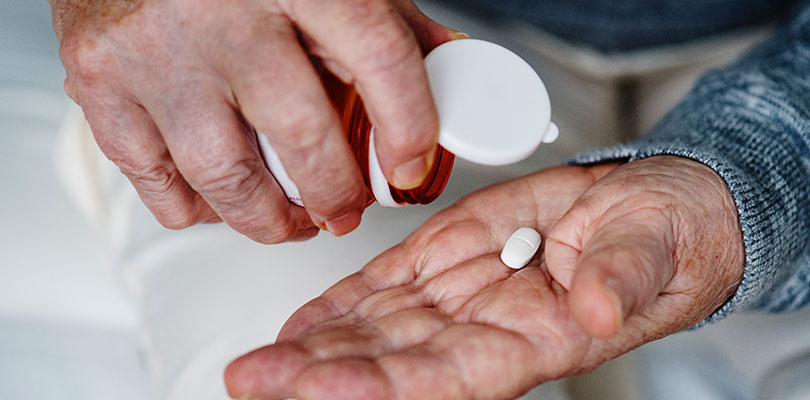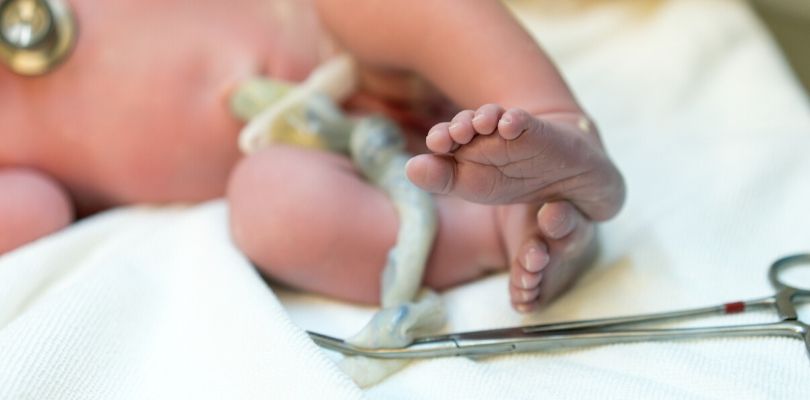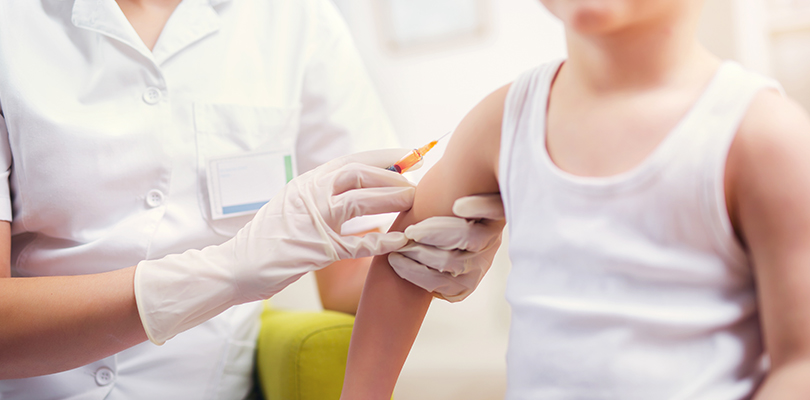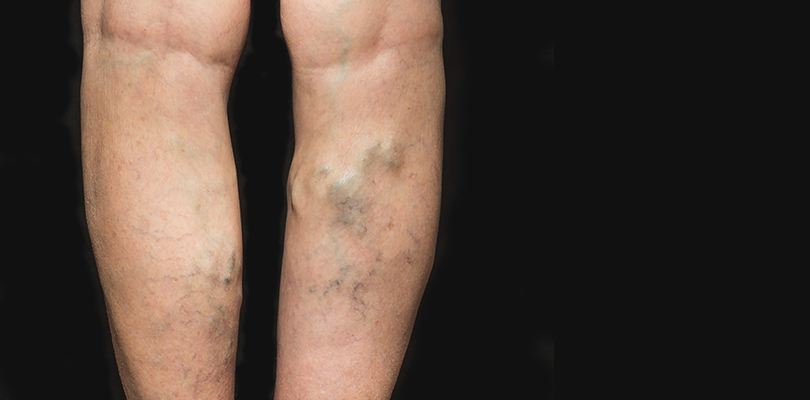Breast Health and You
Breasts come in different shapes and sizes and are unique for every woman. Unfortunately, breasts are prone to lumps, cysts, pain, and other uncomfortable issues. This article will focus on easy tips, tricks, and recommendations every girl and woman should follow for healthy breasts.
Nutrition and Your Breasts
Diet plays a crucial role in your overall health and wellbeing, so it comes as no surprise that you need to consider the food you eat when considering breast health.
Weight management is an important strategy for breast health, and a well-balanced diet plays a significant role in this. Studies confirm that obesity increases postmenopausal ER-positive breast cancer risk and mortality.
Additionally, increased estrogens and inflammatory mediators contribute to the aggressive breast cancer phenotype in obesity.
Strive to avoid unhealthy and heavily processed foods with little to no nutritional value. Instead, enrich your diet with healthy fats, fruits, and vegetables. These foods are abundant in vitamins, minerals, amino acids, enzymes, and antioxidants – all of which are needed for healthy breasts.
For example, you can consume more peaches. They are packed with vitamins, minerals, and antioxidants. Studies show that consumption of peaches has the potential to inhibit breast cancer metastasis.
Eating more walnuts is also a great way to keep your breasts healthy. One study found that walnuts, which are abundant in omega-3 fatty acids, antioxidants, and phytosterols, can reduce the risk of breast cancer.
Other foods to consume for health breasts include:
- Broccoli
- Plums
- Olive oil
- Salmon
- Parsley
- Beans
- Flaxseeds
- Turmeric
- Pomegranate
- Berries
Exercises for Breasts
Physical activity is a vital part of a healthy lifestyle and you should definitely include it as an important strategy for improved breast health (or are looking to naturally enhance your breasts).
Regular exercise aids in weight management and decreases body fat percentage. This becomes even more important if you bear in mind that fat cells store high levels of estrogen. Exercise balances hormones and strengthens the immune system while toning your body. All of these factors are important for healthy breasts.
Exercises you can do for healthier breasts include:
- Dumbbell bench press.
- Pushups.
- Incline dumbbell bench press.
- Dumbbell fly.
- Yoga.
- Weight training combined with cardio.
Some people can feel the unwanted feelings and thoughts associated with feeling overwhelmed growing and building, but it can be managed.
Supplements
Although a healthy diet is a wonderful source of various nutrients, the reality is that most of us don't consume the required daily amounts of essential vitamins and minerals.
Dietary supplements are a practical way of supplying the body with specific nutrients in order to keep the body healthy.
Supplements that may improve breast health include:
- Vitamin D –the sunshine vitamin isn’t easy to find in foods and exposing yourself to the sun all day isn’t that practical either due to increased skin cancer risk. Supplementation with vitamin D is, for many people, is the best way to get this important micronutrient. Vitamin D is incredibly beneficial for breast health. The most recent study on this topic, published in June 2018 issue in PLoS One, found that people who consume sufficient amounts of vitamin D are at a lower risk of developing breast cancer. Additionally, a meta-analysis from Anticancer Research reported that breast cancer patients with higher vitamin D levels had lower mortality rates
- Selenium – is a trace mineral that participates in numerous functions including protection against oxidative damage, thyroid metabolism, and DNA synthesis. Due to its antioxidant effects, selenium is a significant factor in breast health, and it proved to be effective in breast cancer treatment when attached to a monoclonal antibody in one study.
- Omega-3 fatty acids – are important for a healthy body and brain. Studies investigating their health benefits constantly emerge which only emphasizes the importance of regular consumption of these fatty acids. While they are found in some plant sources, omega-3s from fatty fish are considered more valuable to our body. Supplementation is also a great way to obtain omega-3s. Studies have shown that omega-3 fatty acids may reduce breast cancer risk in postmenopausal obese women
Wear a Proper Fitted Bra
To wear a bra, or not to wear a bra – that’s the question. Bras are a subject of many debates today. While some claim they are not necessary, others say otherwise.
The reality is that bras have been demonized although they can, indeed, help keep your breasts healthy. Wearing a bra is particularly important if you’re an active woman who exercises regularly, or if you’re constantly on-the-go.
A good bra helps to minimize movement of the breasts, which can, in turn, decrease pain and discomfort caused by stretched skin and ligaments during workouts.
More than 80 percent of women don't choose the right bra, which may explain why many women complain about discomfort and prefer not to wear one. In order to get the most out of your bra, you need to find the right one, and these tips can help:
- Measure the chest size under your breasts.
- Measure your breasts at the nipple level to determine the cup size.
- If the double breast is created when you’re wearing a bra, you chose the wrong size.
- Try putting a finger in between the bra and your skin. Can’t do it? You need a bigger bra.
Other things to do for breast health
- Quit smoking.
- Avoid drinking too much alcohol.
- Manage stress.
- Get enough sleep.
- Meditate.
- Get screened regularly.
A healthy lifestyle is important for breast health. Modify your diet and try to exercise regularly. Get enough sleep, pay more attention to the bras you wear, and ditch unhealthy habits. Your breasts will thank you.


